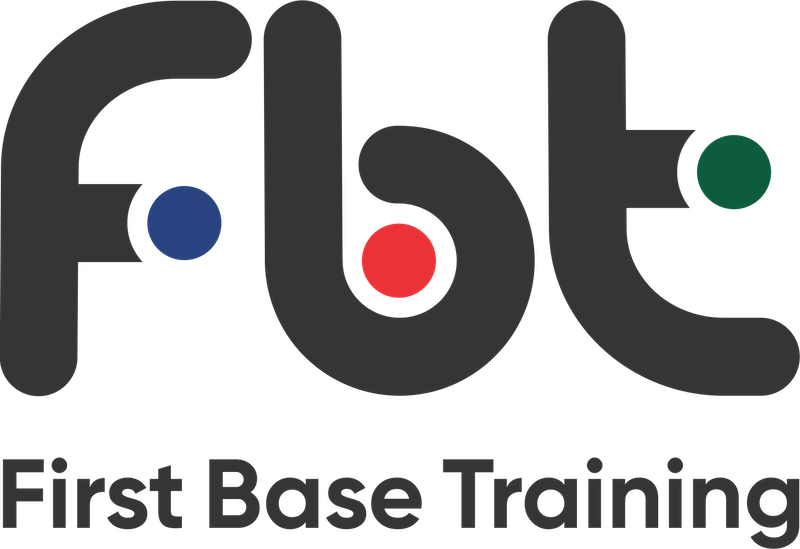Importance Of Early Childhood Education
Have you just finished high school and are ready to pursue a career in early childhood education? Or are you thinking of making a career switch later in life? It’s never too late with First Base Training — our Registered Training Organisation (RTO) is here to provide the training and support you need for a successful career as an early childhood educator.
If you’re still unsure whether this career is the right fit for you, let’s take a closer look at the importance of early childhood education.
A child’s early years in childhood education provide them with the fundamentals they need for their future in school and personal development. From making friends to learning more about themselves and building their independence, these are the essential skills children need to succeed for the rest of their lives — and you could play a big part in that with the following key actions:
Nurture and support children’s brain development through play and learning
There is no denying the importance of creativity in early childhood education. Who says learning can’t be fun? A child’s early years are imperative since their brains are susceptible to what is happening around them. From vision and hearing to early language and cognitive skills, these connections become more complex as they grow older and require support through quality preschool programs to help them along this journey.
From reading books to encouraging stacking and building games to foster cognitive skill development or memory games to help them build their concentration and attention span, the importance of creativity in early childhood education is critical to a child’s early brain development.
Helping children foster relationships with their peers
The importance of communication in early childhood education is critical for children to build interpersonal qualities of care, compassion, empathy and cooperation with others. These skills simply cannot be learned from a book — children must engage with their peers to build valuable connections and learn how to respect one another.
By spending time with their classmates, they can learn to include others and begin to recognise each other’s feelings. From a game of Duck, Duck, Goose to musical chairs, group painting and more, the options are endless to encourage valuable time with peers.
Encouraging children to get in touch with their independence
For many children, attending daycare or preschool is often one of the first times they spend away from their families. While this can be a challenging transition at first, being in a new environment with new people helps them build their sense of self and essential self-regulation skills they’ll need for the rest of their formative years and adulthood.
Whether teaching your student to be patient and wait for a toy, concentrating on a given task like reading a book or focusing on a sensory experience like finger painting, your role is critical to helping children feel more independent. That’s why the importance of planning in early childhood education is critical to engage kids with activities that foster their independence.
Establishing new daily routines
The importance of motivation in early childhood education is undeniable to keep children engaged throughout their day. With children feeling nervous or apprehensive about adapting to their new environment, there are actions you can take to make them feel more secure and comfortable in their new space.
The importance of planning in early childhood education is integral to creating an ideal blend of indoor/outdoor, child-directed/adult-directed activities each day to foster a sense of routine for the little ones. Make time for naps and consider any special needs for children, such as accommodating their attention spans or medical needs.
Providing a helpful transition into their schooling
Children require a balanced support system at home and daycare to promote a positive transition into their early education. The National Quality Standard (NQS) requires early childhood educators to collaborate with families to ensure the best possible outcome for children.
The importance of assessment in early childhood education is vital to report your student’s progress to their parents and ensure they are engaging with the learning materials. As an early childhood educator, you must complete the Transition to School Statement to summarise a child’s strengths, interests and learning approach.
Kickstart Your Career With An Early Childhood Education Course At First Base Training
At First Base Training, our vocational education and training (VET) programs are delivered following the nationally agreed legislation and standards. With over seven years of industry expertise, we’re industry leaders in early childhood education and care qualifications.
Whether you want to enrol for the CHC30121 Certificate III in Early Childhood Education and Care or the CHC50121 Diploma of Early Childhood Education and Care, our ideal blend of practical and theoretical learning will help build your confidence and expertise as you kickstart your new career.
We also have payment plans available to cater to your financial needs. If you have any questions, reach out to our team, who would be happy to assist.
